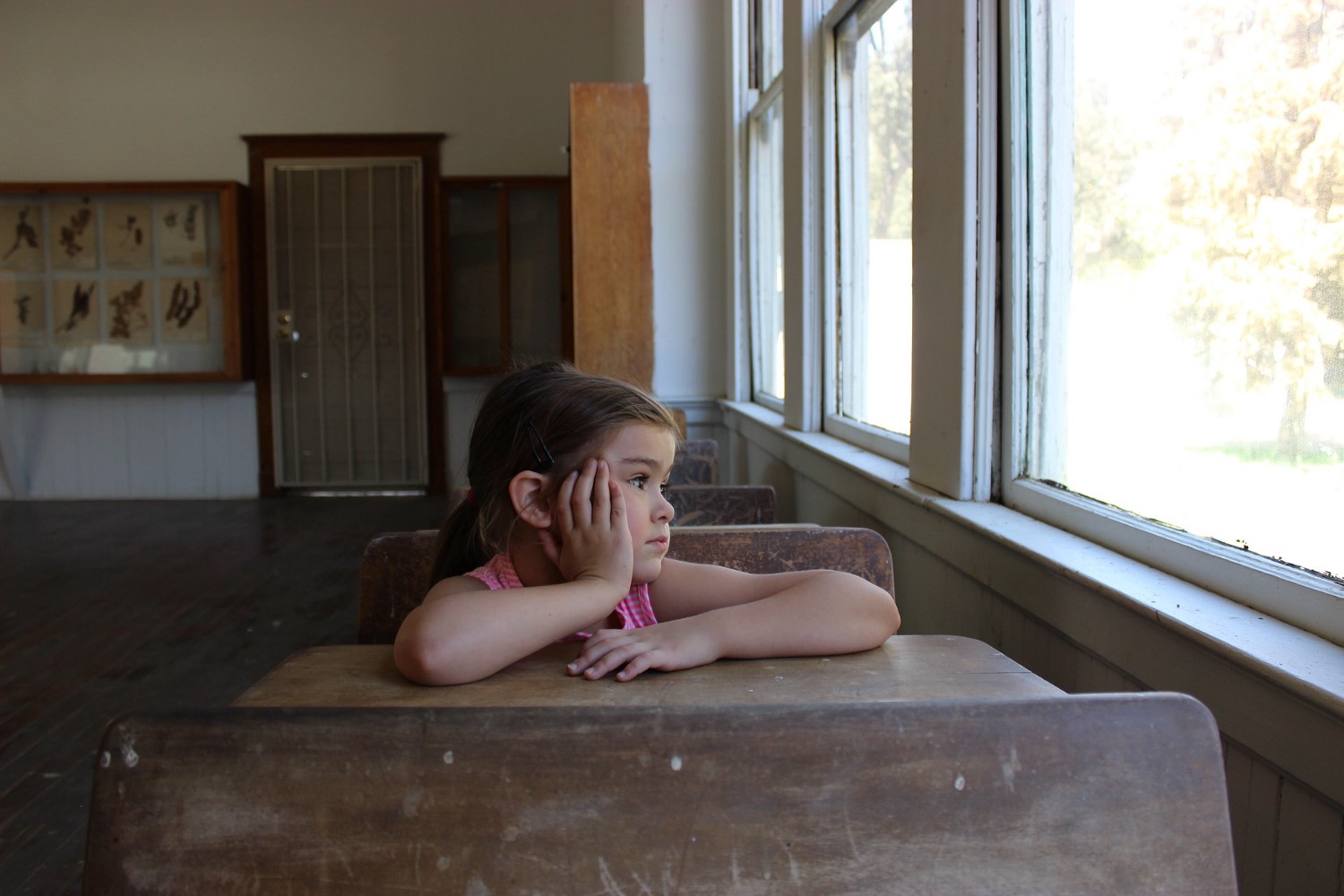A new line of research suggests that challenging childhoods might offer cognitive benefits, helping kids adapt and adjust better to uncertain circumstances, according to a fascinating piece in The Atlantic.
There’s a lot of research showing how cognitively damaging rough childhoods can be, as writer Olga Khazan explains. Poor children tend to score worse on various cognitive tests, they’re more likely to have a learning disability than children from higher-income families and they tend to have less gray matter in brain areas involved in learning and memory. What’s less studied though, is how these circumstances, while nothing you’d wish on anyone, may change developing minds in more positive, adaptive ways.
Khazan points to a forthcoming review in Perspectives in Psychological Science showing that, among other things, people whose parents were verbally aggressive may be better at recognizing emotions in other people. “When you grow up in low-socioeconomic conditions,” lead review author Bruce Ellis, a professor of psychology at the University of Utah, says, “there are other people around you who are more powerful than you and have more power than you, in ways that people from middle-class backgrounds don’t experience. In that context, being able to predict what they’re going to do could be very important.”
That adds to a 2015 study in the Journal of Personality and Social Psychology Khazan also highlights. After reminding subjects about a time of financial uncertainty, researchers put them through tests measuring their self control and ability to switch quickly between tasks. Subject’s with “unpredictable” childhoods performed worse on the self control test but better on task-switching. It’s important to note that these findings only held true when subjects had financial uncertainty on the brain, but they suggest that difficult childhoods may keep you on your toes when the situation calls for it. As the lead author of the 2015 study, Chiraag Mittal of Texas A&M University, explains, “In an uncertain environment, where you don’t know where the next negative thing can happen, you want to be vigilant.”
As Khazan is careful to note, this line of study is relatively new as cognitive research goes so the potentially positives of a difficult childhood are far from definitive. But it’s possible, Khazan writes, that if the research continues to move forward, schools with students growing up in tough situations could tweak their learning approaches to make better use of these students’ cognitive strengths.
Read the full story from The Atlantic here.
Originally published at journal.thriveglobal.com


